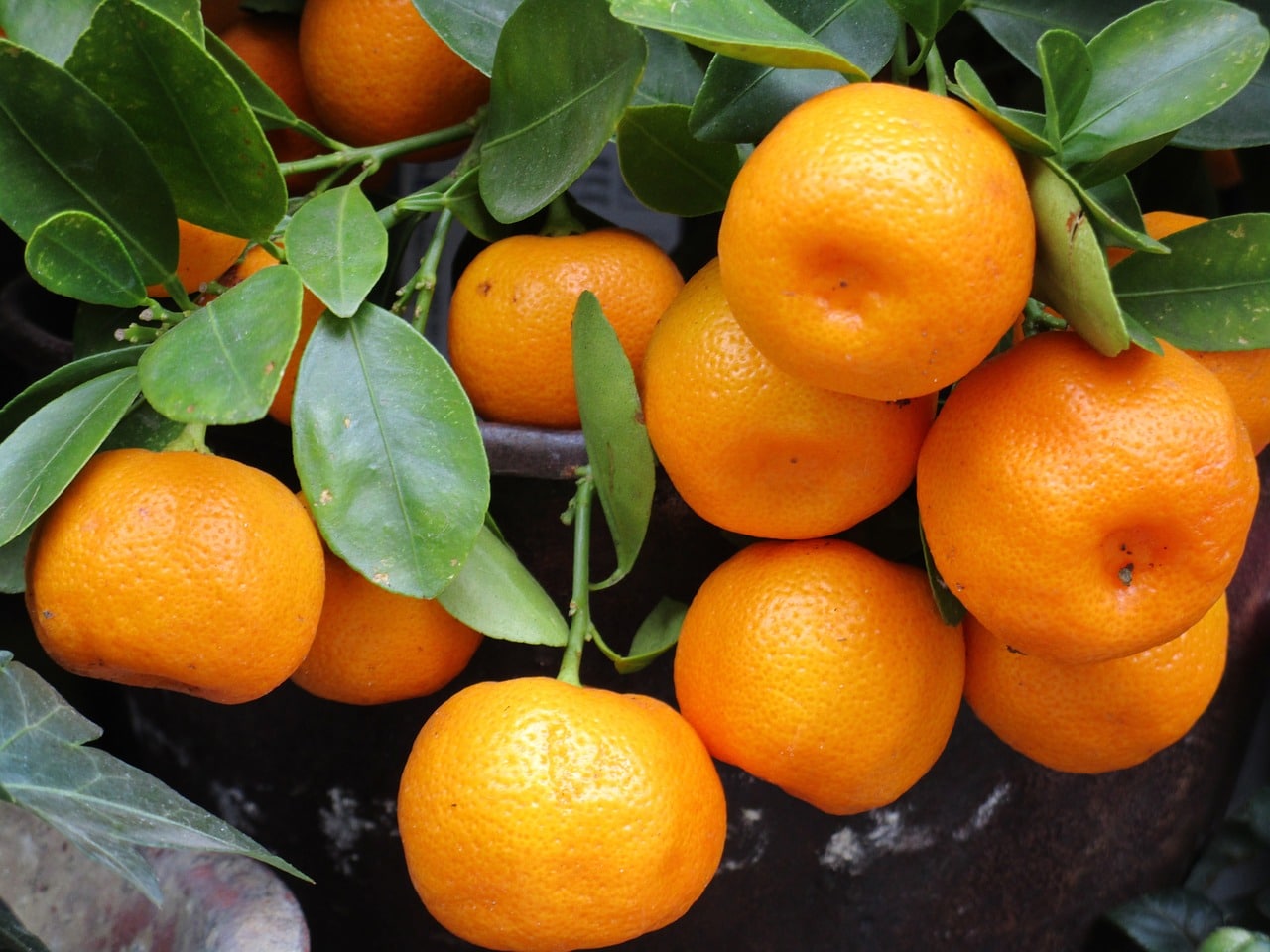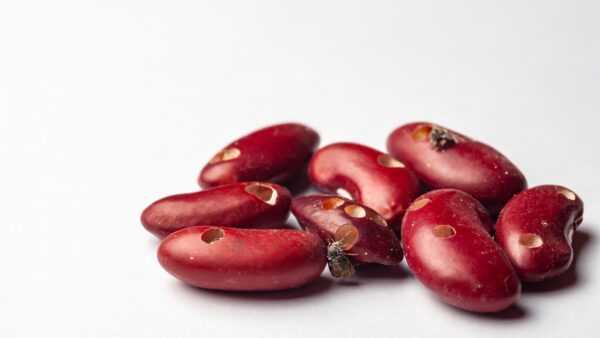Late last year I received the news that the owner of a large tomato farm in Vittoria, Italy, had been sentenced to a year in prison and a €15,000 fine, as well as having to pay €70,000 in civil damages. Why? The owner of the farm, in four of his many greenhouses, was cultivating a tomato variety that was protected by Plant Breeders Rights (PBR), and he had illegally vegetatively reproduced plants of this variety without the required authorization.
The Italian Criminal Code penalizes the “manufacture and trade of goods made by usurping industrial property rights.” It is the first criminal sentence regarding a protected plant variety in Italy. For the seed sector, this is excellent news, as this sets a clear precedent in the Italian and European seed market.
The whole case started with a complaint that was filed by the Anti-Infringement Bureau for Intellectual Property Rights in Plant Material (AIB), a Brussels-based organization with the aim to fight illegal activity in the seed sector.
During the investigation, DNA analysis was carried out on the crops on the farm, and this analysis confirmed the presence of the protected tomato variety in the greenhouses. Furthermore, the local financial police confirmed that the company was unable to provide purchase invoices for seedlings of the protected variety or other documentation demonstrating the legitimate origin of the seeds used. So there you have it: propagation without the required authorization.
This jail sentence for PVP infringement is not the first. Other European countries have preceded the Italian case. For example, in 2016 a criminal court in Spain sentenced an individual to a six-month prison term for infringing the plant variety protection (PVP) rights of a major French seed company over the soft wheat variety. Many other countries have listed infringement of plant breeders’ rights in their penal code.
[tweetshare tweet=”Many other countries have listed infringement of plant breeders’ rights in their penal code.” username=”EuropeanSeed”]
In the Spanish case, the defendant transferred without authorization 800 kilograms of grain of a certain wheat variety which had been conditioned to be planted as seed. The court determined that the defendant had violated the Spanish Penal Code, which at the time prescribed a prison term of six months to two years for certain criminal violations of plant variety rights. In addition to imposing the six-month prison sentence, the court ordered the defendant to pay a fine and civil damages in the amount of €3,500.

After these events, the Spanish Penal Code was amended to increase the penalties for criminal PVP infringement and currently prescribes a prison term of one to three years for any person who, without the authorization of the variety owner, with knowledge that the variety is registered, and for agricultural or commercial purposes, engages in the reproduction, sale, exportation, importation of, or possesses reproductive material of a protected variety.
Such sentences set a significant precedent in the seed sector, because it gives criminal significance to the widespread technique of reproducing plants covered by Plant Breeders’ Rights with cuttings or “stubs” of plants, a practice which can damage the protected rights of the owners of the varieties, under which each seed purchased must correspond to only one plant.
[tweetshare tweet=”Plant breeding is a highly sophisticated and cost-intensive business.” username=”EuropeanSeed”]
Plant breeding is a highly sophisticated and cost-intensive business. Depending on the crop, the R&D process takes on average 5 to 15 years. The breeder will seek to protect it through intellectual property protection, most often through Plant Variety Rights (also called Plant Breeders’ Rights).
This protection helps to ensure that seed companies are paid for their products and for the investments they put into developing them. They sell these proprietary products in the market using business models that reinforce their commitments to reinvest, provide a return to their shareholders and generate income for their employees. It is a well-known fact that plant breeding companies re-invest a high percentage (12-20%) of their sales revenues into research and development that ultimately benefits growers and consumers.
It is vital for the sustainability of the seed sector that these companies receive compensation for their work in order that they can continue their innovative efforts for the benefit of farmers, retailers and consumers.
Plant breeding is tremendously important. It provides plant varieties with improved yield, more efficient use of nutrients, resistance to plant pests and diseases, salt and drought tolerance and better adaptation to climatic stress. And these are just some of the features that allow breeders of new plant varieties to increase productivity and quality in agriculture, horticulture and forestry, whilst at the same time minimizing the pressure on the environment.
We absolutely need plant breeding, and we absolutely need efficient ways to guarantee a return on investment for the plant breeders. One of the most efficient ways to guarantee that return is through intellectual property rights, such as plant variety protection.












